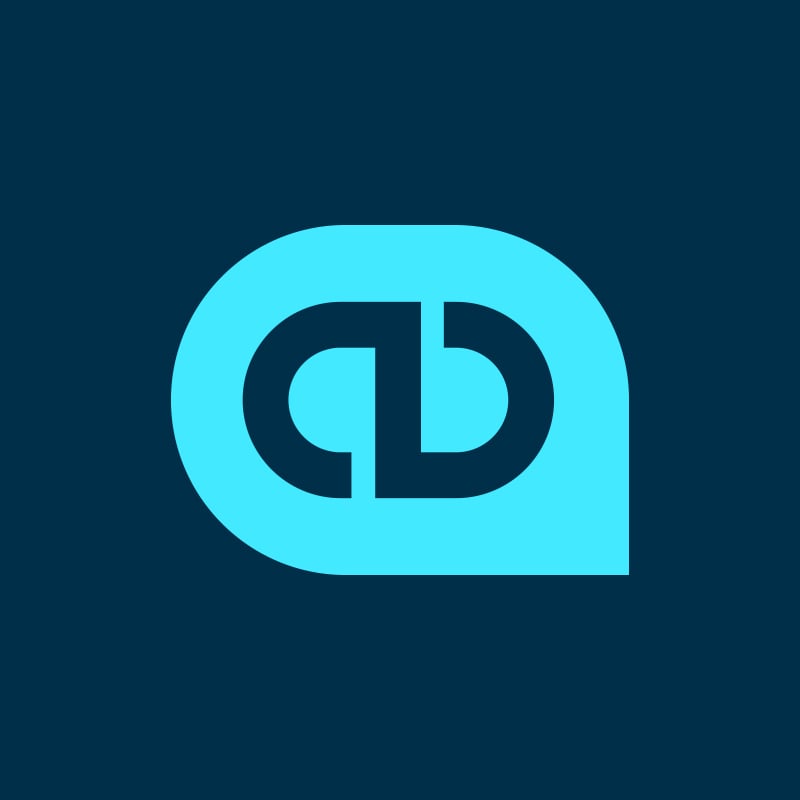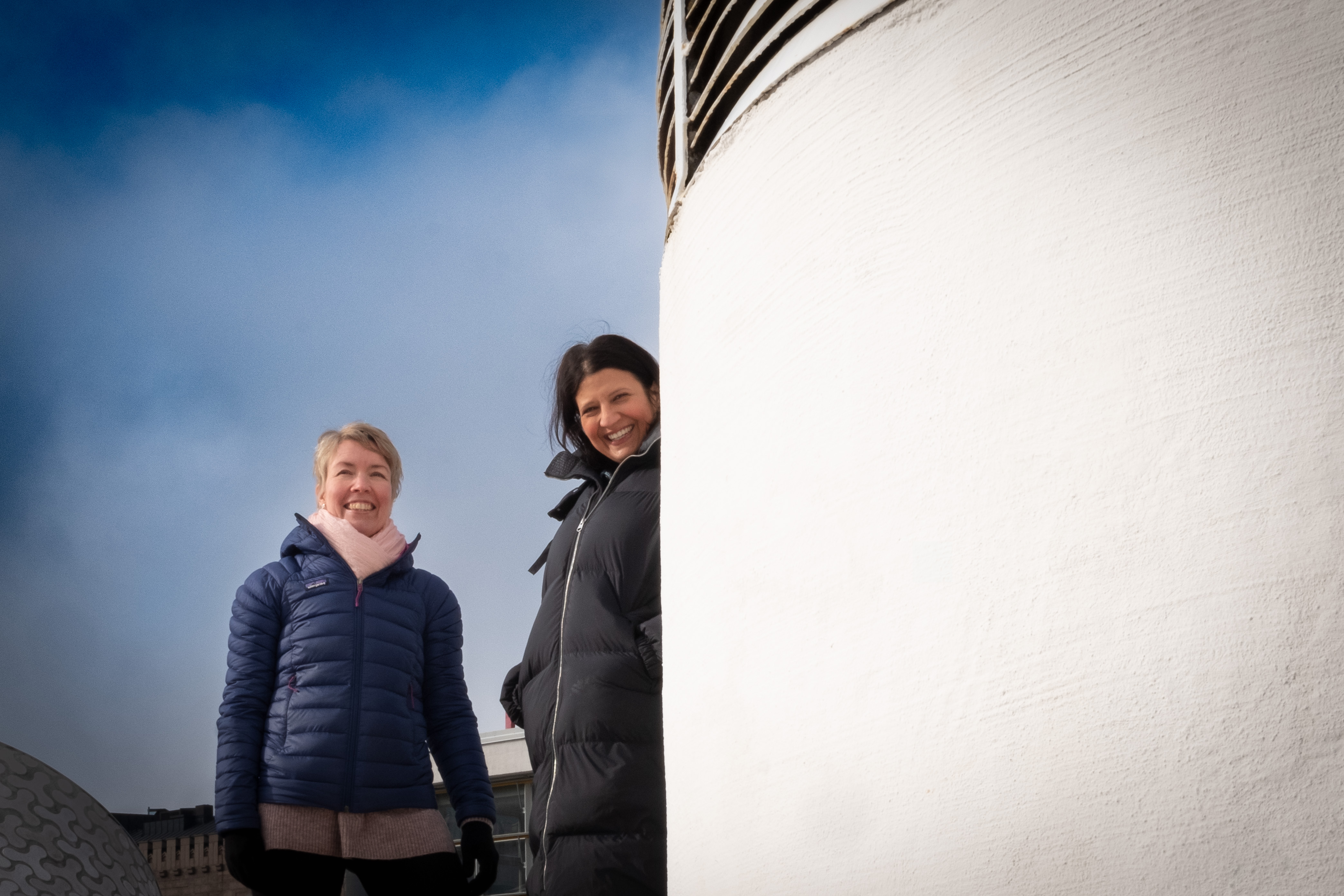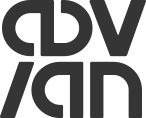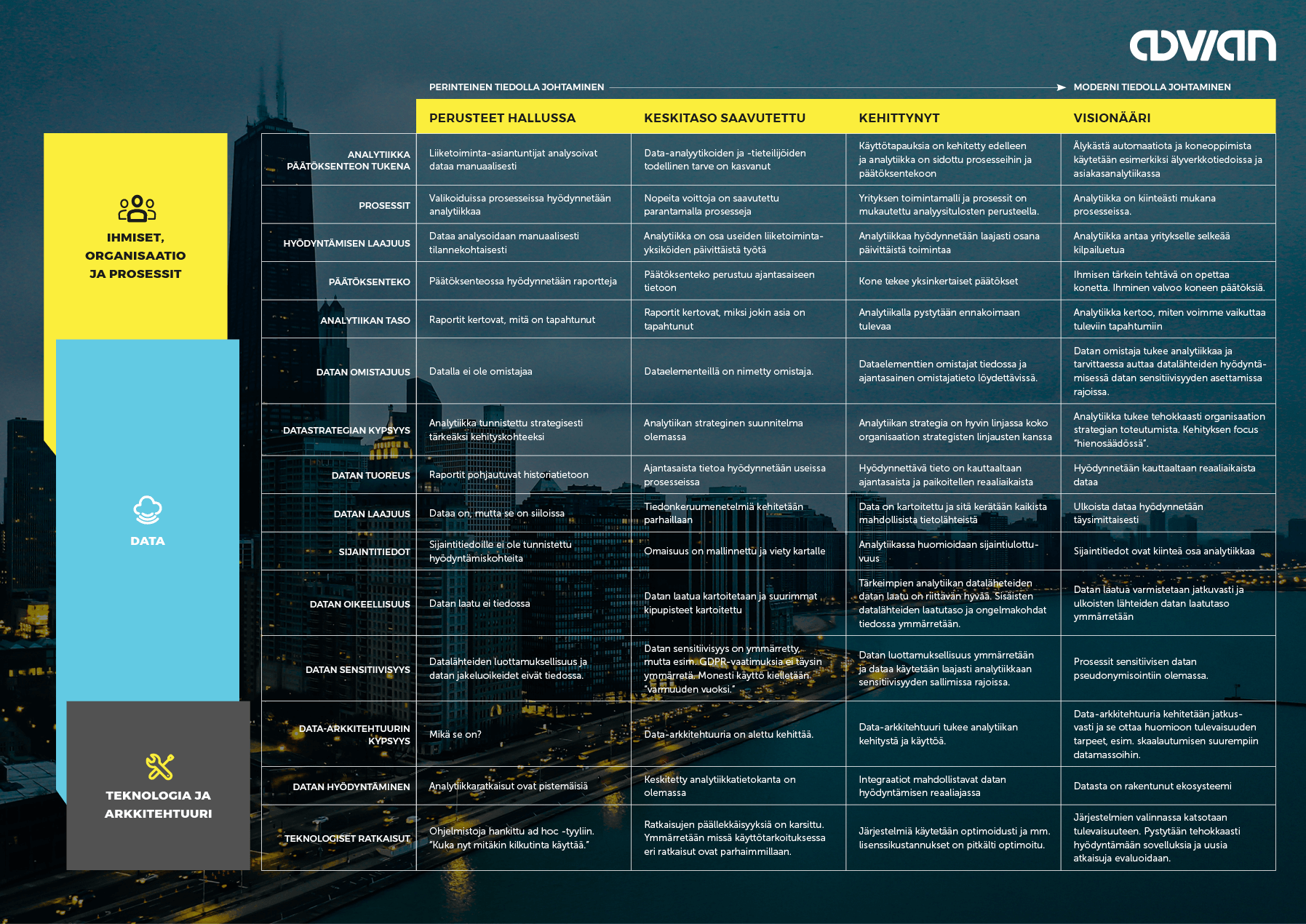A coffee break topic that we at Advian seem to always come back to is how to become a better consultant. We’ve got techie people and consultants with their own perspectives on the subject, but we've together grown to understand that in many projects “multi-classing” in both consulting and tech skills is a necessity.
Many of the how-to questions come from colleagues with little or no consulting experience, but to be honest, these are the questions all the experienced technology consultants ask themselves on a day-to-day basis too.
We’ll dive straight into the deep end of consulting, and with these three tips, you should be well on your way to become a more confident and well-rounded tech consultant.
1. Thinking outside the box
In most cases, technology consultants are bringing the missing piece into the customers’ table: their technological skillset. But it requires a bit more to really exceed customers’ expectations. To be fair, thinking outside the box is quite the cliché, so let’s split the idea into a few themes.
One of the simplest ways to practice this way of thinking, is to use your knowledge from other industries. Meaning that if working in say, utilities (my favorite btw 😉) – you can think of applying solutions from other industries into the area you are working with. Some industries are more matured in certain areas, of which best practices are welcomed in other industries. But on the other hand, working with new emerging businesses can bring great ideas to the other more matured industries as well.
The second common and simple way to think outside the box is to question and adjust the scope of the consulting work, or parts of it. This of course is a skill that grows with experience. Many customers are willing to drive technological change, but they may have vague or not up-to-date knowledge on the existing possibilities, or they might have had unsuccessful pilots in the past. Therefore, it’s vital for the consultant to challenge the original scope for the sake of the customer.
I would also argue that using your creativity in general usually leads to great results. As an example, consider a consulting assignment in AI models and final user interface. Both might require distinctive skillsets, but the result is most likely a combination of how well the solution works and how easy it is to draw the benefits from it. In a more practical sense, creativity can be unleashed by hosting a workshop during the assignment.
2. Scoping and scheduling
People tend to argue that consultants require skills such as “ability to work under pressure” and“multitasking” – not exactly the phrases to invite people into the life of consulting, even though there is some truth to that.
Based on my experience, it’s occasionally a must to be flexible and to have an ability to do several different types of tasks at ones. However, on a broader scope, all the hassle comes down to acquiring a set of two major skills: first scoping then scheduling.
The most common pitfall for inexperienced consultants is to run into unexpected situations, resulting to wearing themselves out. Whereas more experienced consultants simply know that evidently, they will run into unexpected situations and still have some energy left in their tanks.
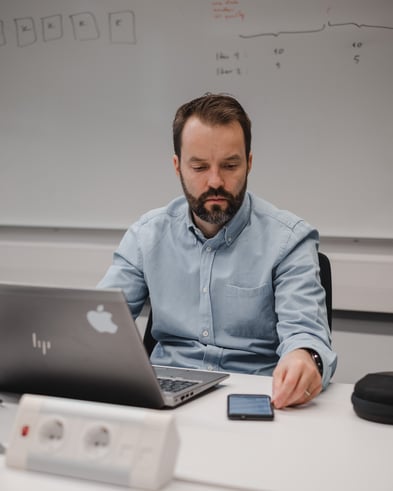
Joking aside, you can dramatically improve your odds in the assignment by dealing with the scope creep early and splitting your team’s work into smaller parts. It’s a skill to say “no” to irrelevant additional work, or to tell a customer that all new requested features will change the timetable (and costs). In PoC type of work, some additional slack in your calendar can be your best friend.
Based on my experience, it’s also very good to gain experience in all types of development work and projects: agile, waterfall, product-driven and custom. Keeping an open mind with combining different methods on how to scope and schedule is a necessity since assignments can vary a lot.
3. Putting the customer first
We technology-oriented consultants are very often driven by the solution and technology itself. We might forget that the solution just by itself might not speak so loudly to other people.
As a technology consultant, it might be frustrating sometimes to go back to tech and analytics basics especially when communicating with the customer in a project. Nonetheless we can’t stress this skill enough, and it’s worth paying special attention to. Communication should happen in the customers’, end-customers’, and stakeholders’ language. Focus on helping them understand how the solution helps them in achieving their goals and how it supports them in running their business well. Being a good communicator is not a fixed skill only to be used in project steering groups and in executive talk – it’s a daily habit of constantly talking about the very purpose of the task that is to be accomplished.
Being patient and understanding by openly speaking about the methodologies and analysis with business-oriented people, leads to a collaborative atmosphere as well as it gives room for new ideas.

Are you interested in working at Advian? 🤔
Check out our career page and open positions.
Topics: Leadership, Consulting, Career


